Arizona Animal Hospital
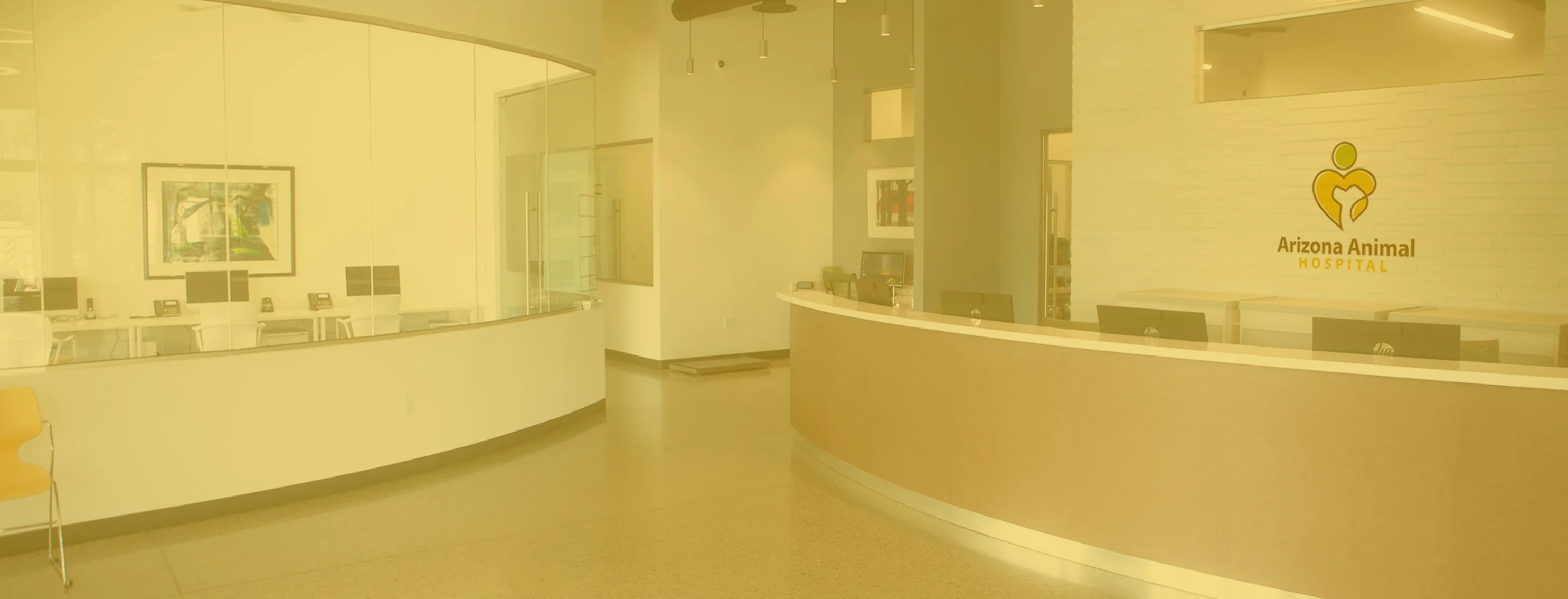


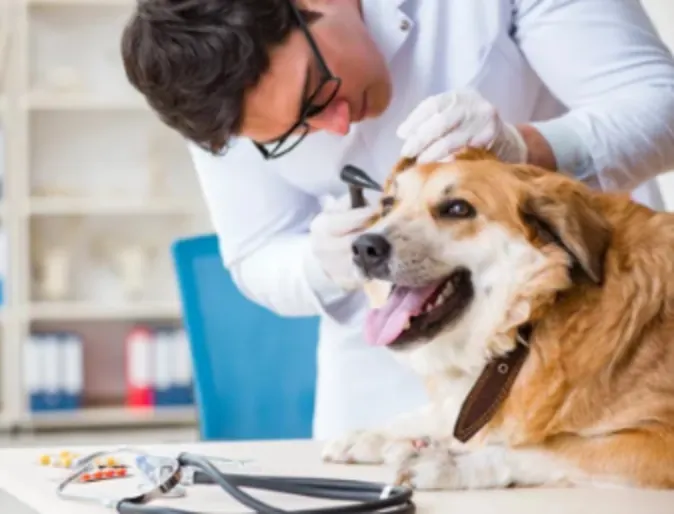
Medical Care
Preventive and progressive medicine are practiced at a great value. Vaccine Value Days along with wellness services such as “nails and tails” help keep our pets healthy and protected.
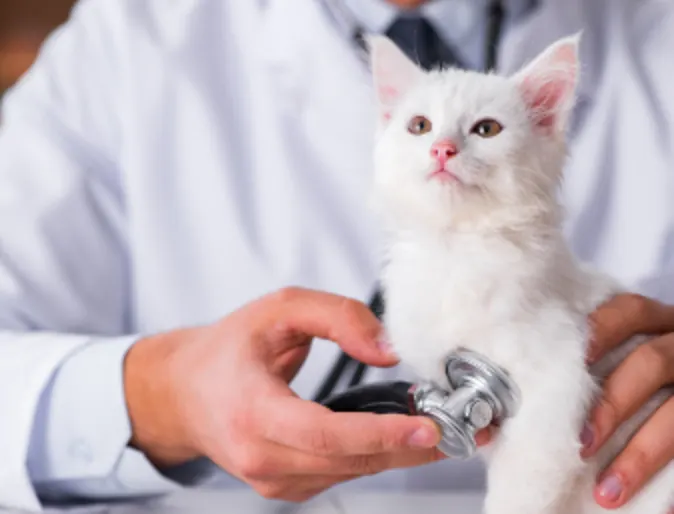
Urgent Care
We see urgent care patients on a walk-in basis. Although we pride ourselves on a short wait times for general appointments, it is important to know that urgent issues take priority.
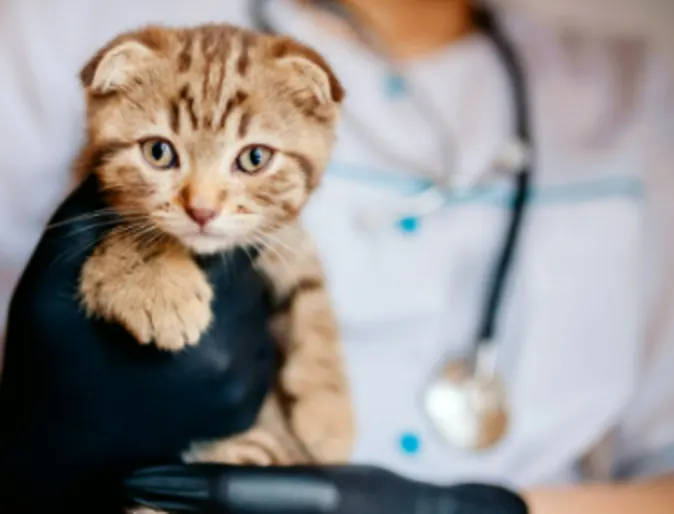
Arizona Pet Threats
We specialize in treating unique threats including Valley Fever, snake bites, allergies, heartworm, cactus spines, dehydration and MORE!
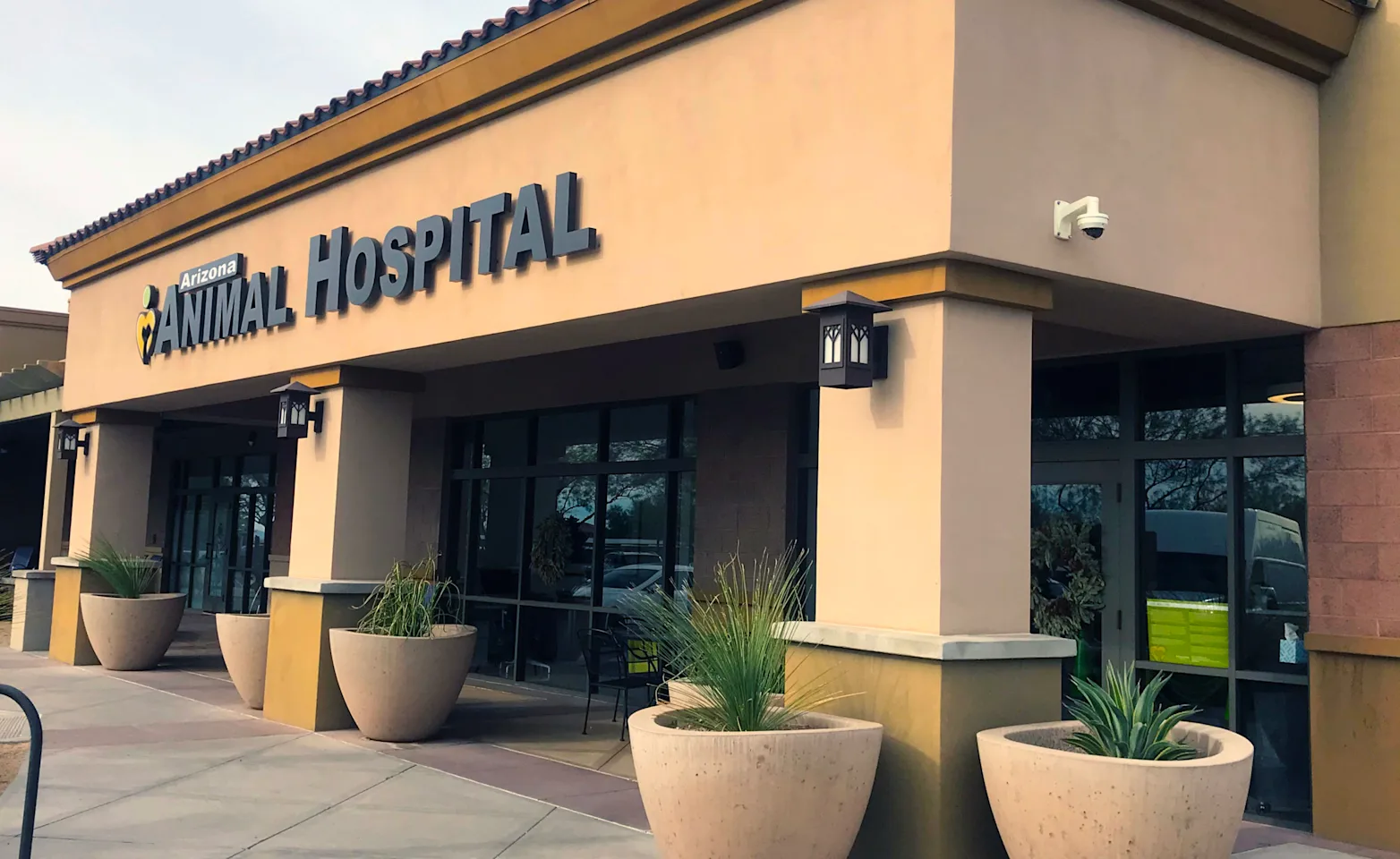
Visit Us
Founded in 2015 by Dr. Brett Cordes, Arizona Animal Hospital is a full-service small animal veterinary hospital located in the beautiful North Sonoran Desert of Scottsdale, Arizona. Dr. Cordes has brought together a team of skilled veterinarians and staff, in a cutting-edge facility, who are all focused on providing excellent care with customized solutions.
Our Philosophy & Core Values
WE CARE
about people and the relationship they have with their pets
WE SERVE
each day with the following core values to guide our decisions
Welcoming: we provide a clean and comfortable facility staffed by friendly and helpful professionals
Empathy: we serve with kindness, compassion, and concern without judgement
Spirit: we lead with integrity and positive intent in everything we do
Efficiency: a team approach focused on making our customer experience as convenient as possible
Responsibility: be a trusted resource to our patients, clients, community and staff
Value: treatment plans are tailored to meet the needs of each client and their pet
Empower: staff are encouraged to help create solutions that are in the best interest of the client and their pet
Client Reviews & Testimonials
Our staff at Arizona Animal Hospital values feedback from our clients. Here is just a small sample of the hundreds of happy and healthy pets that we have cared for since 2015.
